Invitation / Response / Decline


In general, there are two types of invitations, formal and informal invitations.
These are generally formal events such as receptions, dinners, weddings, banquets etc. where the invitations are engraved or printed on a card - usually written in the third person with an R.S.V.P. notation. Should you wish to include a personal message, it can be written on the card or on a separate sheet of paper.
Not more events require formal invitations. For more casual events, handwritten invitations can be more personal and sincere. You can include anything in your message but please ensure you have the following:
It is also common to invite a speaker to a business or formal event. In relation to an invitation to speak, be sure to inform the potential speaker quickly that it is an invitation to speak. If you try too hard to promote your company or event at the beginning to make the invitation more appealing, it may look like a junk mail with the invitation buried in the letter:
If you are declining an invitation, first give your reason for doing so before saying no. This will help to blunt the rejection and ensure that the host will see your explanation:
When you are accepting an invitation, first thank the host for the invitation and give confirmation that you will attend. If you need more details or have any questions, then you may ask in a separate paragraph.
Not the right document?
Don’t worry, we have thousands of documents for you to choose from:

10 Jun 2022
6 min read

2 Jun 2022
6 min read

27 May 2022
6 min read

20 May 2022
6 min read

9 May 2022
6 min read

3 May 2022
3 min read

25 Apr 2022
5 min read

31 Mar 2022
1 min read

29 Mar 2022
1 min read

20 Mar 2022
6 min read

12 Mar 2022
5 min read

21 Feb 2022
5 min read

31 Jan 2022
5 min read

13 Jan 2022
4 min read

3 Jan 2022
5 min read

7 Dec 2021
11 min read
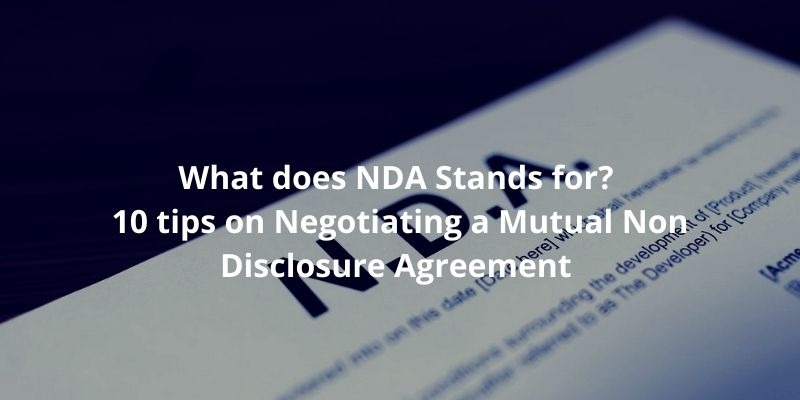
14 Nov 2021
6 min read

1 Nov 2021
9 min read

21 Oct 2021
1 min read

17 Oct 2021
7 min read

7 Oct 2021
12 min read

16 Sep 2021
4 min read
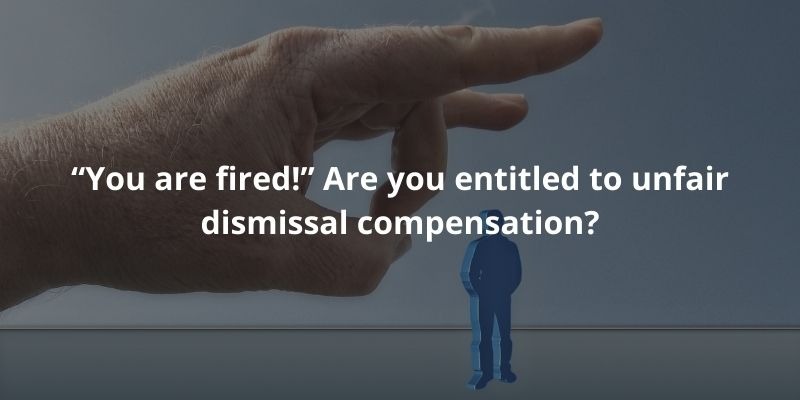
14 Sep 2021
5 min read

10 Sep 2021
3 min read

31 Aug 2021
4 min read

23 Aug 2021
3 min read

16 Aug 2021
5 min read

30 Jul 2021
6 min read

23 Jul 2021
7 min read

13 Jul 2021
5 min read

2 Jul 2021
5 min read

24 Jun 2021
5 min read

15 Jun 2021
4 min read

4 Jun 2021
6 min read

28 May 2021
5 min read

21 May 2021
5 min read

14 May 2021
5 min read

7 May 2021
5 min read

30 Apr 2021
5 min read

23 Apr 2021
5 min read

16 Apr 2021
5 min read

9 Apr 2021
5 min read

1 Apr 2021
5 min read

26 Mar 2021
4 min read

19 Mar 2021
5 min read

12 Mar 2021
5 min read

5 Mar 2021
6 min read

26 Feb 2021
5 min read

19 Feb 2021
6 min read

11 Feb 2021
5 min read

29 Jan 2021
6 min read

29 Jan 2021
3 min read

22 Jan 2021
6 min read

15 Jan 2021
6 min read

8 Jan 2021
6 min read

31 Dec 2020
6 min read

24 Dec 2020
0 min read

24 Dec 2020
7 min read

18 Dec 2020
6 min read

11 Dec 2020
6 min read

4 Dec 2020
6 min read

27 Nov 2020
6 min read

27 Nov 2020
7 min read

22 Nov 2020
7 min read

13 Nov 2020
8 min read
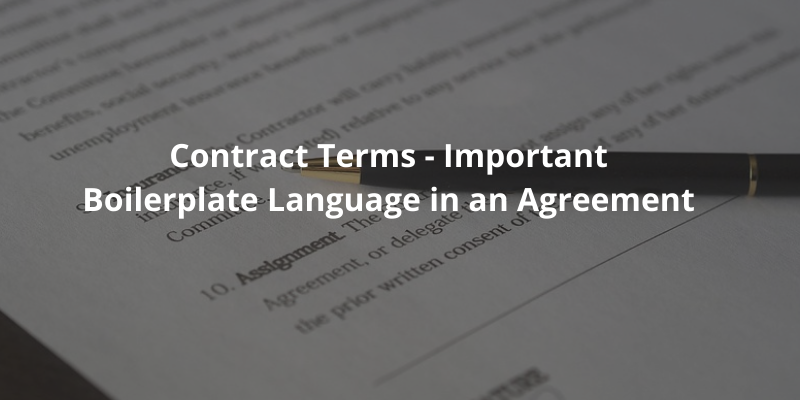
12 Nov 2020
8 min read

7 Nov 2020
8 min read

5 Nov 2020
6 min read
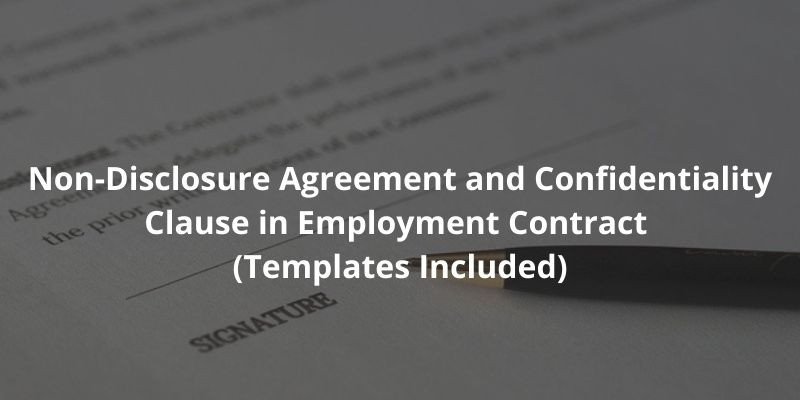
30 Oct 2020
7 min read

29 Oct 2020
8 min read

23 Oct 2020
7 min read

19 Oct 2020
8 min read

16 Oct 2020
10 min read

7 Oct 2020
9 min read

28 Sep 2020
8 min read

18 Sep 2020
7 min read

9 Sep 2020
7 min read

3 Sep 2020
7 min read

27 Aug 2020
8 min read

27 Aug 2020
9 min read

19 Aug 2020
8 min read

17 Aug 2020
8 min read

11 Aug 2020
8 min read

11 Aug 2020
8 min read

10 Aug 2020
11 min read

10 Aug 2020
9 min read

7 Aug 2020
9 min read

4 Aug 2020
9 min read

3 Aug 2020
10 min read

23 Jul 2020
8 min read

23 Jul 2020
8 min read

12 Jul 2020
8 min read
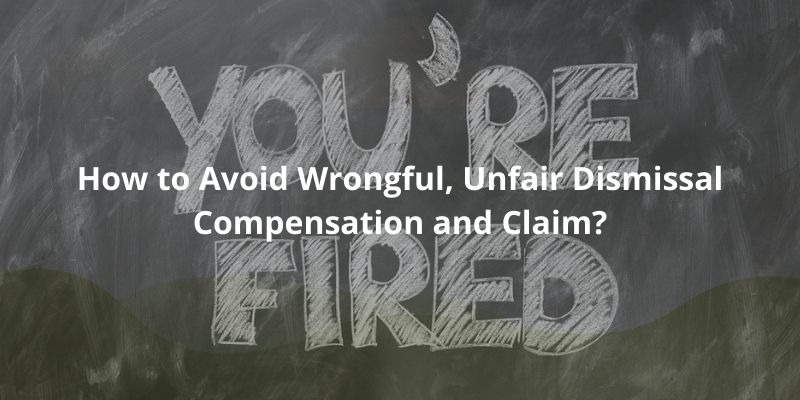
5 Jul 2020
7 min read

25 Jun 2020
7 min read

12 Jun 2020
9 min read

11 Jun 2020
9 min read

9 Jun 2020
9 min read

8 Jun 2020
8 min read

4 Jun 2020
5 min read

4 Jun 2020
8 min read

2 Jun 2020
10 min read

28 May 2020
13 min read

25 May 2020
8 min read

1 May 2020
10 min read

1 Apr 2020
6 min read

1 Mar 2020
11 min read

1 Feb 2020
11 min read

8 Jan 2020
9 min read

1 Jan 2020
1 min read

10 Dec 2019
7 min read

26 Nov 2019
8 min read

5 Nov 2019
5 min read

24 Oct 2019
3 min read

1 Oct 2019
1 min read

1 Oct 2019
1 min read





